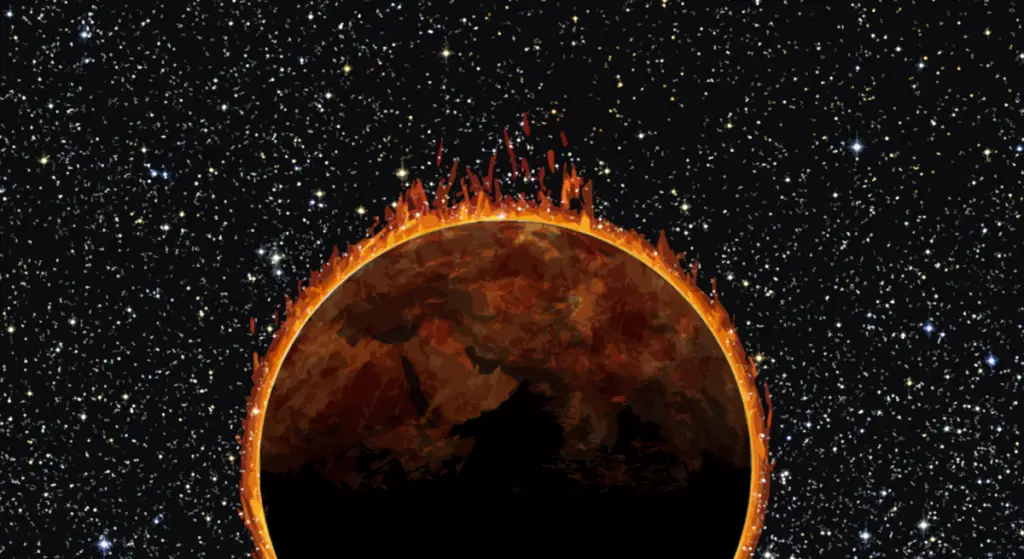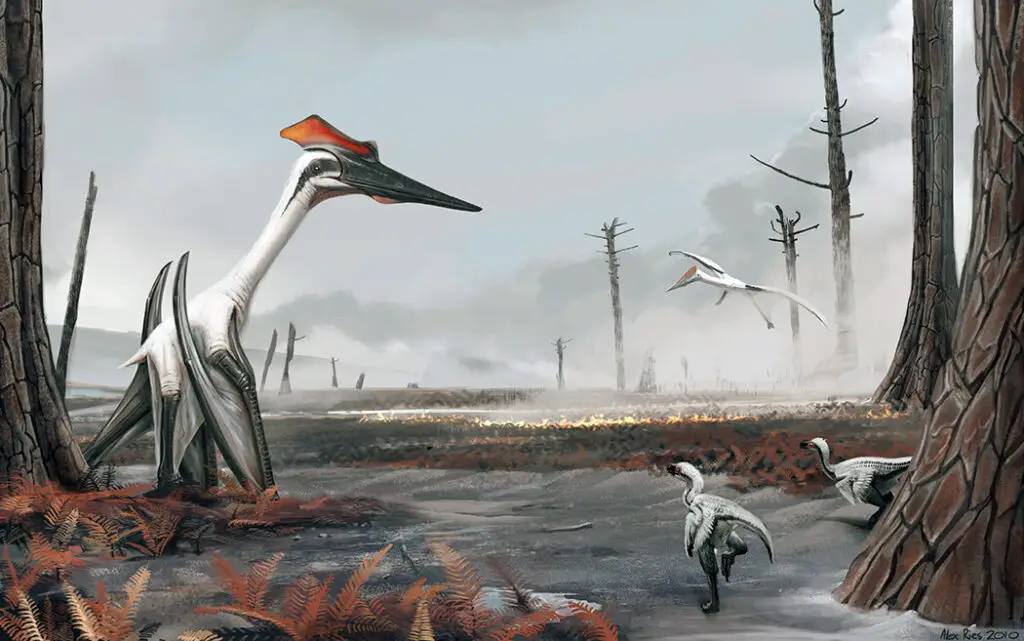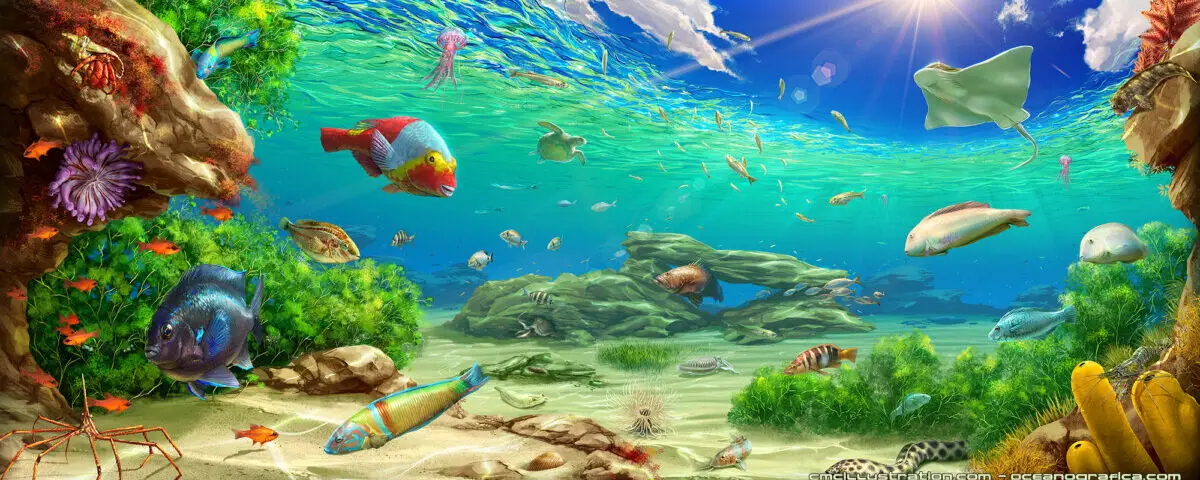|
Getting your Trinity Audio player ready...
|
The air we breathe, the water we drink, and the food we eat all depend on a healthy environment. Unfortunately, the future of environments is a cause for concern. Climate change, pollution, and biodiversity loss are just some of the pressing environmental issues we face today. Enter the Europe Environmental Agency (EEA).
The European Union established the Europe Environmental Agency to provide information on the state of the environment and trends in environmental issues. It monitors and assesses a wide range of ecological topics which support policymaking and promote sustainable development in Europe.
The European Environment Agency stands out as a beacon of hope amid the challenges.
In this article, we dive deep into the purpose of the EEA and explore its vital role in safeguarding the planet. From the agency’s history to its collaborations with other organisations, we give a comprehensive overview of its mission and accomplishments.
Join us as we uncover how the European Environment Agency works tirelessly to protect Earth and secure a sustainable future.
Mandate of the Europe Environmental Agency

The EEA has a broad mandate that includes monitoring and assessing the state of the environment, providing scientific and technical support to policymakers, and promoting environmental sustainability in Europe.
The agency focuses on various issues, including air and water quality, climate change, biodiversity, and environmental health.
The Agency’s Main Objectives and Responsibilities
The European Environment Agency was established in 1990 legislation and started operations in 1994. Its objectives and responsibilities have gone relatively unchanged since then.
The Agency’s three-fold core tasks, as detailed by a 2009 amendment, are to;
Support Policy Development and Key Global Processes
The EEA supports the development of European policies and plans. It collects data, evaluates trends, and provides scientific advice to inform decision-making processes.
Moreover, the agency helps to monitor the implementation of EU environmental legislation and assists with international negotiations related to
- climate change,
- biodiversity conservation,
- sustainable development, and
- other environmental topics.
It does not, however, deal with enforcement or compliance, leaving that to the EU Commission.
Offer Analytical Expertise
With 260 plus employees from over 30 countries, the EEA has access to a wide range of expertise in environmental sciences.
This expertise is used to analyse data and provide reports on the state of the environment and trends.
The EEA releases the State and Outlook of Europe’s environment report (SOER) every five years, a comprehensive future-oriented environmental analysis.
Instead of guiding short-term fixes to acute ecological challenges, this report guides long-term strategies for sustainable development, focusing on the most pressing issues.
In 2020, the SOER stated that Europe would not achieve its 2030 goals without urgent action and described the moment as a tipping point. While the EEA admitted small, incremental goals had been achieved, they were insufficient for achieving the ambitious objectives set out by the European Union.
Provide and Maintain an Efficient Reporting Infrastructure
The EEA works closely with the European Commission and Member States to ensure that environmental data is collected, processed, and made available promptly.
With 32 member countries and six more cooperating nations, bureaucratic red tape can lead to delays in reporting. To prevent this, the agency strives to maintain an efficient environmental information system by providing
- technical assistance,
- training, and
- guidance on reporting data.
In addition, it maintains a vast database that stores current and historical environmental data for further analysis.
The Agency’s Main Focus Areas
There is no limit to the scope of the EEA’s work. It is broad and involves topics such as noise pollution and accessible transportation. It does, however, list five major topics which are of particular importance.
Nature

The drastic loss of biodiversity is a threat to life on Earth. The EEA works to protect and restore nature in Europe by
- monitoring species,
- promoting sustainable land use, and
- establishing protected areas.
Every six years, Member States are required to provide a report on bird populations and targeted habitats and species. These reports cover more than 450 species of birds and nearly 1,400 other endangered or rare species in Europe.
EEA’s latest finding concludes – greater effort is needed to reverse current trends and to ensure resilient and healthy nature.
Health

THIS IS STARTLING!
One in ten premature deaths in Europe is linked to pollution. That is a frightening and disappointing statistic that the EEA is trying to tackle.
The agency works with Member States and other partners to
- reduce air pollution,
- improve water quality, and
- make more sustainable choices in the food supply chain.
It also provides resources on how individuals can protect their health from environmental hazards, like climate change and chemicals.
Climate

The Earth continues to burn as people worldwide experience heatwaves, drought, and unprecedented flooding.
The EEA is a leader in the fight against climate change, providing information and guidance on reducing emissions and adapting to its effects. It supports Member States in setting ambitious targets for renewable energy and promoting sustainable transport solutions.
The current climate targets for 2030 are:
- A 55% net reduction in greenhouse gas emissions, compared to 1990.
- A 32% increase in the share of renewable energy sources.
- A 32.5% improvement in energy efficiency.
These targets are ambitious but they are necessary to ensure a safe and healthy environment.
Economy & Resources

Resource depletion has been a concern of the environmental movement for decades. The EEA promotes the efficient use of resources, and supports the transition towards a circular economy in Europe.
It also gathers data on
- waste management,
- energy production, and
- sustainable transport solutions,
that can help improve policymaking at all levels.
Sustainability

Leaders and citizens must work together to ensure a sustainable future. The EEA aims to promote sustainability and build resilience against climate change and other environmental threats.
We must remember the generations that will follow, so the EEA is committed to empowering citizens and providing resources to live more sustainably.
The Europe Environmental Agency and Policymaking
The Europe Environmental Agency plays a critical role in supporting policymakers to develop and implement environmental policies at the European level.
The agency provides scientific and technical information to policymakers, conducts assessments of the effectiveness of environmental policies, and contributes to developing new policy initiatives.
Its work is based on a strong commitment to evidence-based decision-making and it integrates environmental considerations into all areas of policymaking.
The Agency’s Role in Providing Scientific and Technical Support to Policy-Makers
The EEA provides scientific and technical support to policymakers regarding
- air quality,
- water management,
- climate change,
- biodiversity conservation, and
- other environmental issues.
It produces a wide range of reports on these topics, which provide evidence for policy-making processes. The agency also works closely with organisations such as the European Commission’s Joint Research Centre (JRC) to ensure its data is up-to-date and relevant.
The Agency’s Contributions to the Development and Implementation of Environmental Policies at the European Level
The EEA contributes to developing and implementing European environmental policies through reports like SOER. Also other platforms like the Biodiversity Information System for Europe (BISE) and the Water Information System for Europe (WISE).
ClimateADAPT, an online platform managed by the EEA, provides information and resources to support adaptation to climate change.
Collaboration with Other Organisations
The EEA collaborates with many European and international organisations to promote sustainability and protect the environment. The agency works closely with other EU institutions, national governments, and non-governmental organisations to share information and expertise and to promote coordinated action on environmental issues.
The agency is also an active participant in international environmental agreements and initiatives.
The Agency’s Collaborations
Eionet, the EEA’s partner network, includes 32 member countries. All 27 Member States of the EU are involved, plus Iceland, Liechtenstein, Norway, Switzerland, and Turkey. Six more – Albania, Bosnia and Herzegovina, North Macedonia, Montenegro, Serbia, and Kosovo – are considered cooperating countries.
The european environment agency also works with over 400 other organisations to create a vast partnership and international engagement network.
The Agency’s Participation in International Environmental Agreements and Initiatives
While they don’t act as a formal project partner in many agreements, instead serving as a data resource and consultancy firm, there are a few initiatives that the EEA directly connects to.
They include:
- Copernicus
- Energy Community
- EuroGEO
- EuroGeographics
- European Climate and Health Observatory
- European Climate Risk Assessment
- Global Resources Outlook
- HBM4EU & PARC
It is also a partner of the Directorate-General for Climate Action (DG CLIMA) and Eurostat (ESTAT).
Europe Environmental Agency’s Impact Assessment
The Europe Environmental Agency has significantly contributed to environmental protection and sustainable development in Europe. The agency’s work has helped to raise awareness of environmental issues, promote evidence-based decision-making, and support the development of effective environmental policies.
However, the agency faces significant challenges, including addressing emerging environmental issues and ensuring the effective implementation of existing policies.
The Agency’s Achievements and Challenges
Because they are not legislators or a compliance organisation, the list of accomplishments from the EEA is rather complicated. We can understand the acheivements better through the lens of European environmental engagement and protection at large.
The EU is the world’s largest provider of climate financing, funnelling money, and resources to support sustainability and climate-related actions world-wide.
It is committed to a climate-neutral Europe by 2050 and helps the rest of the world complete projects that protect the world.
But, challenges remain. The agency still faces the challenge of ensuring that EU environmental policies are implemented effectively and trying to help convince non-Member States to adopt sustainable policies.
Final Thoughts
The Europe Environmental Agency plays a critical role in promoting environmental sustainability and protecting the environment in Europe. The agency’s work is based on a strong commitment to
- evidence-based decision-making,
- scientific rigour, and
- integrating environmental considerations into all areas of policymaking.
Despite the agency’s challenges, it remains a vital institution in the ongoing efforts to ensure a sustainable future for Europe and the world.
Testament to the Power of Collaboration
The Agency’s work is a testament to the power of collaboration, as it works closely with other organisations to ensure that environmental considerations are integrated into all areas of policymaking.
The challenges we face are immense and complex, and the work of the Europe Environmental Agency is far from complete. Emerging environmental issues such as plastic pollution and the decline of pollinators require urgent attention while ensuring the effective implementation of existing policies remains a key challenge.
The Agency Empowers Policymakers and Citizens
As the Europe Environmental Agency faces challenges, it works tirelessly to safeguard the planet and secure a sustainable future. By providing reliable information and technical support, the agency empowers policymakers and citizens to act on environmental issues.
We are responsible for supporting the vital work of the Europe Environmental Agency and other organisations like it, so we can protect the planet and its inhabitants.
FAQs
What is the Europe Environmental Agency?
The European Union established the Europe Environmental Agency to provide reliable and accurate information on the state of the environment and trends in environmental issues.
What is the mandate of the Europe Environmental Agency?
The mandate of the Europe Environmental Agency includes monitoring and assessing the state of the environment, providing scientific and technical support to policymakers, and promoting environmental sustainability in Europe.
How does the Europe Environmental Agency support environmental policymaking?
The Europe Environmental Agency plays a critical role in supporting policymakers in developing and implementing environmental policies at the European level.
The agency provides scientific and technical information to policymakers, conducts assessments of the effectiveness of environmental policies, and contributes to developing new policy initiatives.
What is the Europe Environmental Agency’s impact on the environment?
The Europe Environmental Agency has significantly contributed to environmental protection and sustainable development in Europe. The agency’s work has helped to raise awareness of environmental issues, promote evidence-based decision-making, and support the development of effective environmental policies.
How can we support the work of the Europe Environmental Agency?
We can support the work of the Europe Environmental Agency by staying informed about environmental issues, advocating for evidence-based policymaking, and participating in environmental initiatives and campaigns.
We can also support the agency’s collaborations with other organisations and contribute to the ongoing efforts to promote environmental sustainability and protect the environment.

